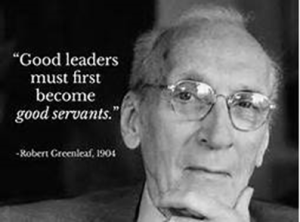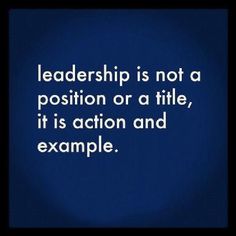
Are you ready to reach your potential?
Mastermind groups are relatively new to most people, even though Napoleon Hill created the concept around 75 years ago with his book, Think and Grow Rich. A mastermind group is designed to help you navigate through challenges using the collective intelligence of others.
How does a mastermind work? A group of like-minded people meet regularly to tackle challenges and problems together. They lean on each other, give advice, share connections and do business with each other when appropriate. It’s very much peer-to-peer mentoring and if you are lucky enough to get invited to one, you will most likely see a marked change in yourself and your business.
Here are 7 reasons why a mastermind might be right for you:
1. You’ll be part of an exclusive community. Joining a mastermind typically involves you being invited by the members or going through an application process. The other members need you just as much as you need them, so quality of experience and knowledge is crucial to all involved.
2. Advisement. Once you are involved in a mastermind, that feeling of “being alone” while running your business or achieving a life-long dream or goal is gone. The other members of the group turn into business advisors of sorts and vice versa.
3. Collaboration is the name of the game. You may find someone in the group that is a perfect fit to work on a project with you. Or, you may be the perfect person to help another member as well. The group works together collaboratively, to achieve more together.
4. Extend your network. Joining a mastermind expands your network exponentially and rapidly. If you are in business, you know how important your network is. By joining a mastermind, you instantly add to your network and typically gain the networks of those in the group with you.
5. New learning. Everyone in the mastermind is unique in skill, experience and connections. By interacting and sharing your challenges, it’s almost certain that someone in your mastermind will have a solution for you and you may also be able to offer a solution, connection or tactic to help another in the group.
6. Cross-promotion. When you join a mastermind, you will most likely find ways to help each other by utilizing cross promotion. Finding ways to help each other through promoting to your respective networks.
7. Think BIGGER. Being in a mastermind will truly give you a Master Mind! You can’t help but think bigger and stretch beyond your boundaries when surrounded by amazing people doing amazing things.
Masterminds are incredible and can do wonders for your business as well as for you, personally. Growing in a group is not only more effective, it’s quite a bit more fun!
 Are you ready to get started?
Are you ready to get started?
Join me April 30th for a 5-week virtual mastermind study where we will be exploring The 15 Invaluable Laws of Leadership by John C. Maxwell. John C. Maxwell says in order to reach your potential; you must be intentional about your personal growth. In this group, you will hear directly from John Maxwell on how you can apply the time-tested and proven Laws of Growth to unleash your abilities and realize your dreams! I’m limiting the size of this group to only 15 people. You can sign up by registering below.
This training curriculum will help you understand how personal growth really works, and how you can develop yourself to become a more effective and fulfilled individual. You will learn how to build up your sense of purpose and become more successful in every area of your life. Come alongside John in your growth journey to become the person you are destined to be!



